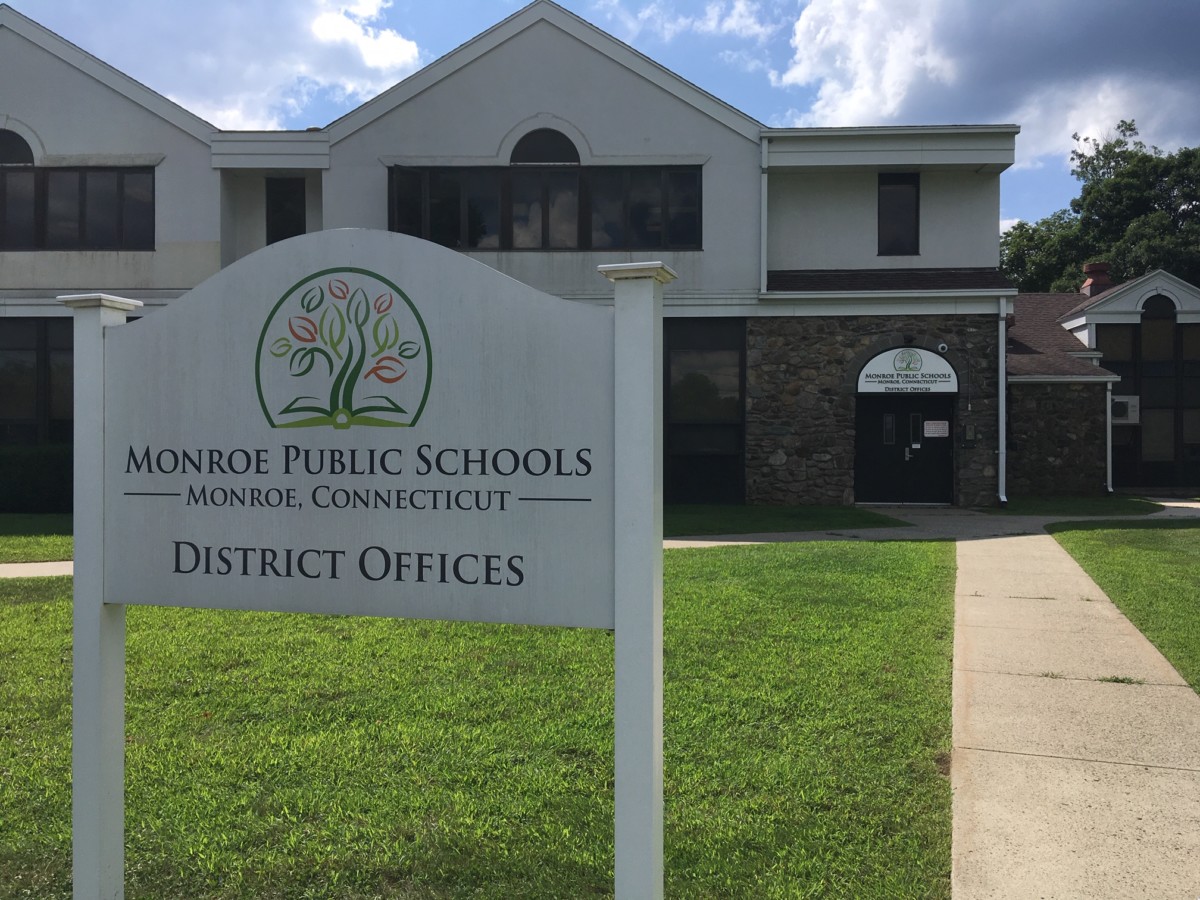Dear Monroe Community,
The Democratic members of the Monroe Board of Education recognize the importance of clear communication with the community, particularly in times of change. We believe it is crucial to address the current state of our school budget and facilities. Please note that this letter reflects only the views of the Democratic members and does not necessarily represent the position of the entire Board.
We write today with urgency about the future of our schools. As you may be aware, the First Selectman’s proposed budget includes a reduction of $1.85 million to the Board of Education’s approved budget. Given the rising health insurance costs and the ongoing reduction in state funding, this proposed cut could significantly impact the programs, services, and resources essential to supporting our students and classrooms.
Public Input Opportunity
We strongly encourage all parents and community members to participate in the upcoming Board of Finance Workshop on the education budget, scheduled for March 26 at 6 p.m. at Town Hall. This is an important opportunity to voice your support for our schools. We urge you to email the Board of Finance to share how these proposed cuts will impact your children and our community.
Key Financial Challenges Impacting the Budget:
- Student Population Increase: Since COVID-19, our student population has grown by 370 students, which is equivalent to the total population of an entire elementary school (e.g., Monroe Elementary School has 331 students).
- Special Education Growth: 659 students (18-percent of the total student population) currently receive special education services, which is consistent with state averages. This percentage has increased from 12-percent to 18-percent over the past decade. Additionally, 5% of these students require outplacements, and the costs associated with tuition and transportation have risen significantly.
- State Reimbursement: The state currently reimburses only 60-percent of excess special education costs, down from 70-percent last year.
- Unfunded Mandates: Over 50 pages of state-mandated requirements remain unfunded, including legislation like the Right to Read law, which alone has a cost of $302,000.
- Health Insurance Costs: Annual health insurance increases of approximately 12-percent continue to place a strain on the budget.
Facilities Planning
The Ad-Hoc Facilities Team is reviewing school building configurations and programming needs, taking into account associated costs. No decisions will be made until all stakeholders have had the opportunity to provide input, and any facility changes will ultimately be voted on by the Board of Education.
Key Considerations:
- Chalk Hill is being considered as a potential solution to address space needs.
- St. Jude’s School was not included in the study, as the town has designated it for other uses.
- Selling an elementary school and constructing a new one is not a viable option due to the lack of available land and prohibitive costs. No school will be closed or sold.
Logistical Factors Under Review:
- Renovation costs
- Potential restructuring of Pre-K services for efficiency (centralizing vs. splitting across schools)
- Staff reassignments
- Impact of increased student populations on elementary schools, including traffic and parking concerns
- Redistricting possibilities
- Projected future enrollment growth and capacity
Special Education Therapeutic Program:
The Democratic members of the Board of Education have expressed concern about the potential impact of creating a therapeutic program in which students with special needs would be isolated from their same-age peers.
We support a configuration that maintains Monroe Elementary School as a K-4 school, Chalk Hill serving grades 5-6, and integrating the therapeutic program into the mainstream to the greatest extent possible (as deemed appropriate by our Special Education Directors).
Research shows that providing students with special needs access to same-age peers offers numerous benefits:
- Social Skills Development: Interaction with same-age peers helps students with special needs develop social skills such as communication, cooperation, and conflict resolution.
- Peer Role Models: Same-age peers can serve as positive role models, modeling appropriate behaviors and social expectations.
- Inclusion and Belonging: Being with same-age peers fosters a sense of belonging, reducing feelings of isolation and improving self-esteem.
- Promotes Empathy and Awareness: These interactions encourage classrooms to develop empathy, tolerance, and an understanding of diversity, fostering a more inclusive and supportive environment for all students.
We appreciate your continued support and involvement in shaping the future of our schools. Please join us in advocating for the resources and opportunities our students deserve.
Sincerely,
Alan Vaglivelo, Chrissy Fensore-Martinez, Jerry Stevens
Democratic Members of the Monroe Board of Education
All respectful comments with the commenter’s first and last name are welcome.







